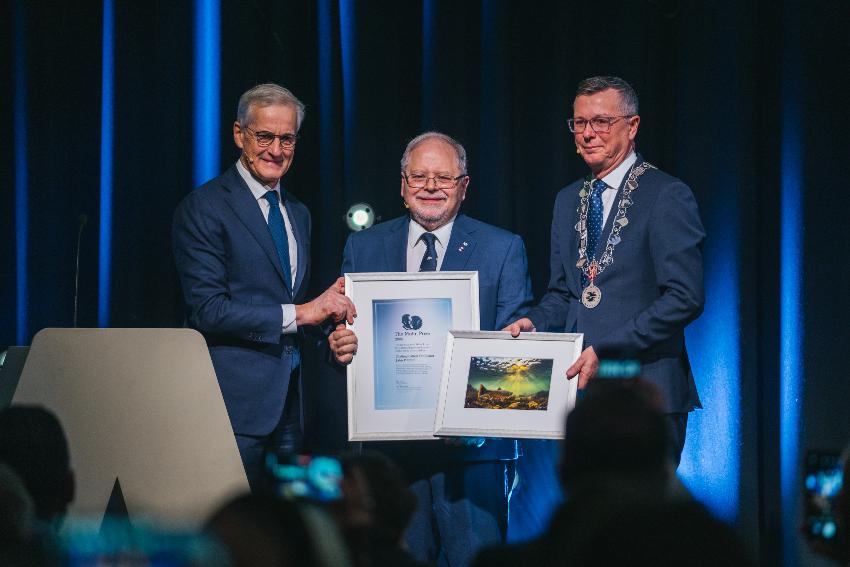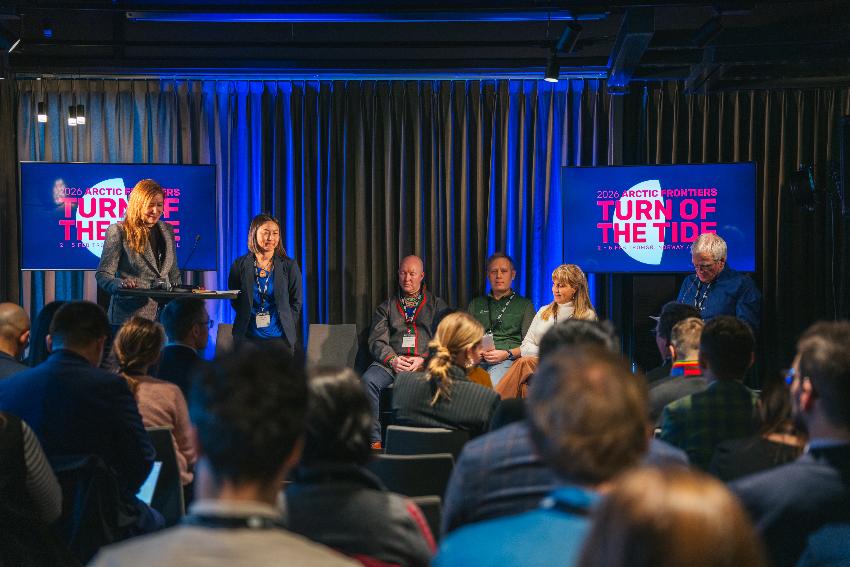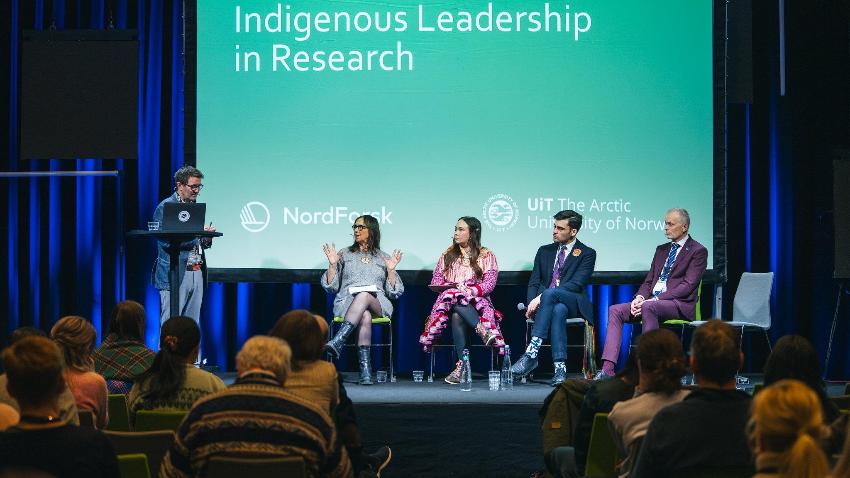MRSA: The sneaky and sometimes dangerous tenant in your throat
One of the most common bacteria hiding in the human throat can sometimes be a menace to our health. To get rid of it we need a brand-new treatment strategy, and we just might have found the right tools to make that strategy.
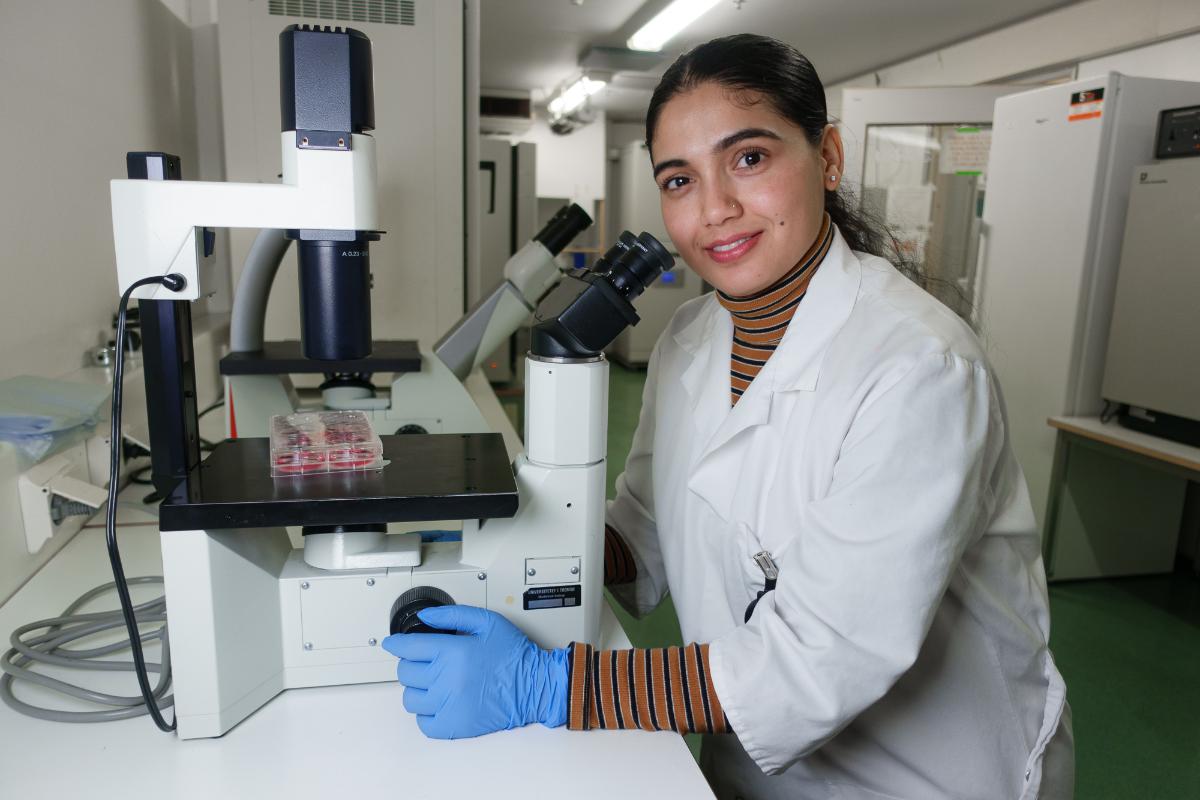
You might not know this, but there are actually trillions of bacteria that inhabiting our bodies. They are usually friendly, but sometimes they turn against us and cause a lot of trouble. Staphylococcus aureus (S. aureus) is one of them. It often hangs out in our nose and throat, but it’s not always acting friendly. It can cause serious trouble like bloodstream infections, pneumonia, tonsilitis, or bone and joint infections. Infections that are painful, and potentially deadly.
While we know a lot about S. aureus in the nose, its behavior in the throat is still a mystery. This is where our research comes in. Now we are diving deep to uncover how the bacteria interacts with the human throat, hoping to find a way to stop it in its tracks.
Those who carry this bacteria in their throat face both a higher risk of infections, as well as getting colonized again despite being treated with antibiotics. S. aureus’ ability to colonize the throat as a hidden bacterial reservoir poses a real challenge for the treatment procedures we have today. This makes treating it tricky and pushes us to find a better way to kick it out of the throat permanently - a mission I’m working on.
Supercharged bacteria
Methicillin-resistant Staphylococcus aureus (MRSA), a supercharged antibiotic resistant form of this human throat hijacker, is one of the leading troublemakers in hospitals. Just ask the two healthcare workers at the University Hospital of North Norway in Tromsø, where unsuccessful attempts to get rid of it from their throats ended in removing the tonsils by surgery.
Now, tonsil removal isn't a magic fix for eliminating MRSA in the throat. It can be a risky procedure, with a chance of infection and heavy bleeding after the procedure. That is why we need an alternative treatment strategy. This highlights how tough it is to deal with MRSA in the throat.
Moreover, preventing MRSA from being carried around in people’s throats could be a gamechanger, because it would ease the burden of disease caused by S. aureus, and it would stop the risk of transmitting the bacteria between people.
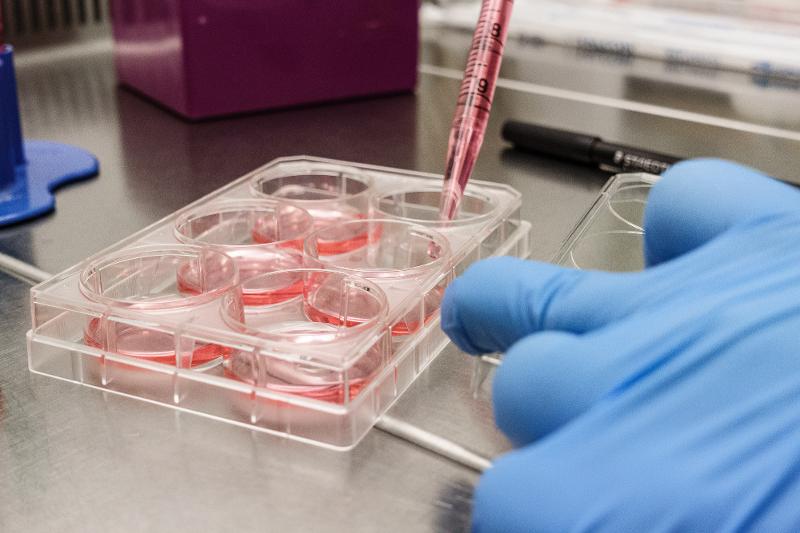
Genetic trickery
Our research has revealed the genetic tricks that S. aureus uses to set up camp in our throats. By understanding these tricks, we can work on finding new ways to kick this bacteria out of the throat - keep it out - and keep infections at bay.
In the laboratory setting, we recreated the encounter between S. aureus and the human throat using human tonsillar cells as our battleground. We took a closer look at how S. aureus behaves at a genetic level when it meets and mingles with our own cells. Using an advanced technique that reveals the bacterial gene signature, we have found bacterial genes that are necessary for its survival - and its ability to get a grip on our cells. And without a grip, they cannot colonize the throat.
The identification of these genes opens up a treasure trove of possibilities for crafting a new weapon against S. aureus. One that can boot out the bacteria and prevent infections from taking hold. By diving into and cracking the role of these genes, we just might be able to find new ways to counterattack S. aureus colonization and infections.
This research isn’t just about decoding bacteria. It’s about devising bold new ways to combat them. Our findings could lead to game-changing treatments and make our world a healthier, safer place for everyone.
Now that’s worth fighting for.
-
Fiskeri- og havbruksvitenskap - bachelor
Varighet: 3 År -
Fiskeri- og havbruksvitenskap - master
Varighet: 2 År -
Akvamedisin - master
Varighet: 5 År -
Bioteknologi - bachelor
Varighet: 3 År -
Arkeologi - master
Varighet: 2 År -
Geosciences - master
Varighet: 2 År -
Biology - master
Varighet: 2 År -
Physics - master
Varighet: 2 År -
Mathematical Sciences - master
Varighet: 2 År -
Biomedicine - master
Varighet: 2 År -
Public Health - master
Varighet: 2 År -
Computational chemistry - master
Varighet: 2 År -
Biologi - bachelor
Varighet: 3 År -
Medisin profesjonsstudium
Varighet: 6 År -
Nordisk - årsstudium
Varighet: 1 År -
Luftfartsfag - bachelor
Varighet: 3 År -
Pedagogikk - bachelor
Varighet: 3 År -
Bioingeniørfag - bachelor
Varighet: 3 År -
Informatikk, datamaskinsystemer - bachelor
Varighet: 3 År -
Informatikk, sivilingeniør - master
Varighet: 5 År -
Likestilling og kjønn - årsstudium
Varighet: 1 År -
Geovitenskap- bachelor
Varighet: 3 År -
Biomedisin - bachelor
Varighet: 3 År -
Psykologi - bachelor
Varighet: 3 År -
Matematikk - årsstudium
Varighet: 1 År -
Ergoterapi - bachelor
Varighet: 3 År -
Fysioterapi - bachelor
Varighet: 3 År -
Radiografi - bachelor
Varighet: 3 År -
Samfunnssikkerhet - master
Varighet: 2 År -
Farmasi - bachelor
Varighet: 3 År -
Farmasi - master
Varighet: 2 År -
Romfysikk, sivilingeniør - master
Varighet: 5 År -
Bærekraftig teknologi, ingeniør - bachelor
Varighet: 3 År -
Psykologi - årsstudium
Varighet: 1 År -
Odontologi - master
Varighet: 5 År -
Tannpleie - bachelor
Varighet: 3 År -
Anvendt fysikk og matematikk, sivilingeniør - master
Varighet: 5 År -
Sykepleie - master
Varighet: 2 År -
Barnevern - bachelor
Varighet: 3 År -
Sosialt arbeid - bachelor
Varighet: 3 År -
Idrettsvitenskap - master
Varighet: 2 År -
Sosialt arbeid - master
Varighet: 2 År -
Praktisk-pedagogisk utdanning for trinn 8-13 - årsstudium
Varighet: 2 År -
Vernepleie - bachelor
Varighet: 3 År -
Internasjonal beredskap - bachelor
Varighet: 3 År -
Barnevern - bachelor
Varighet: 3 År -
Vernepleie - bachelor
Varighet: 4 År -
Ernæring - bachelor
Varighet: 3 År -
Videreutdanning i krisehåndtering og traumebehandling
Varighet: 1 År -
Videreutdanning om vold i nære relasjoner
Varighet: 1 År
